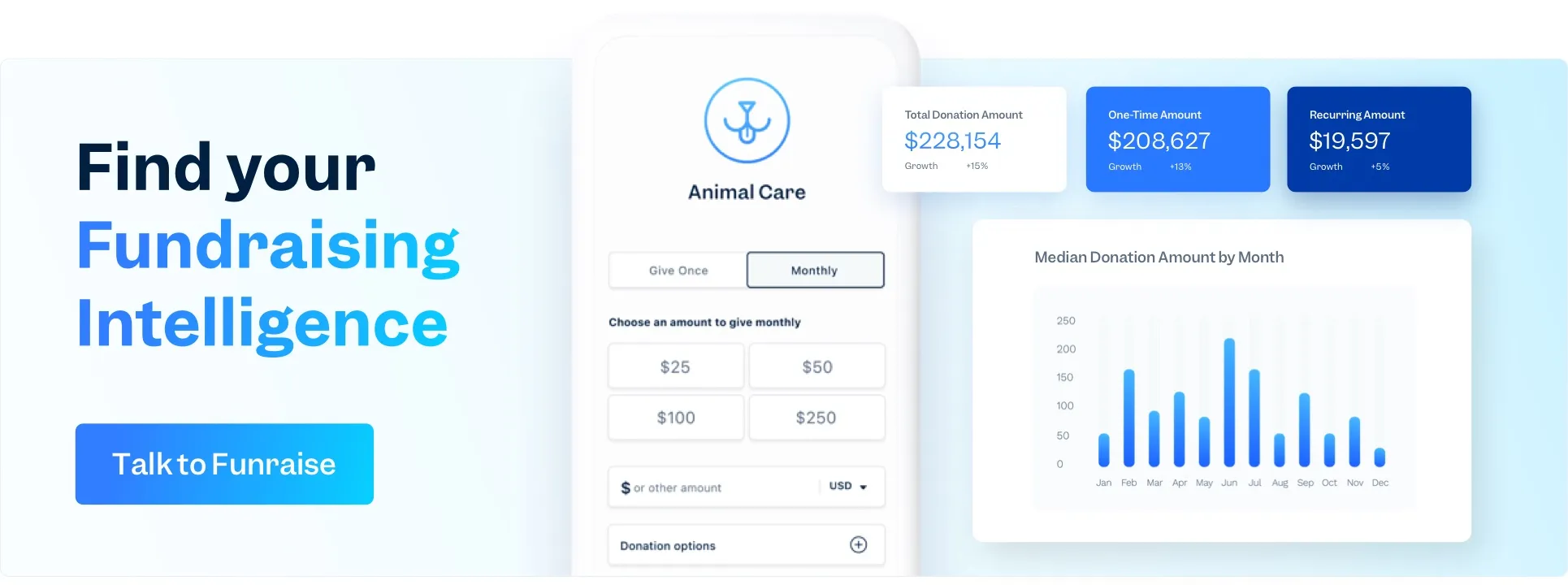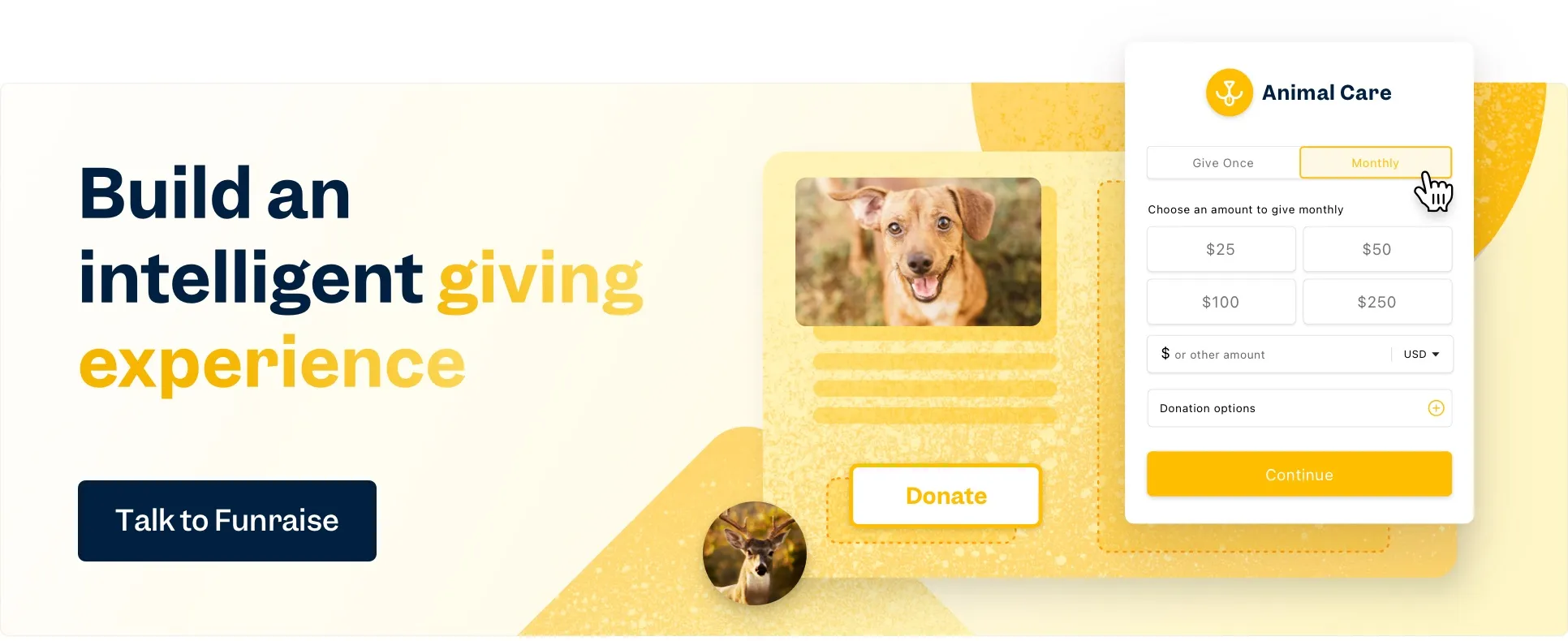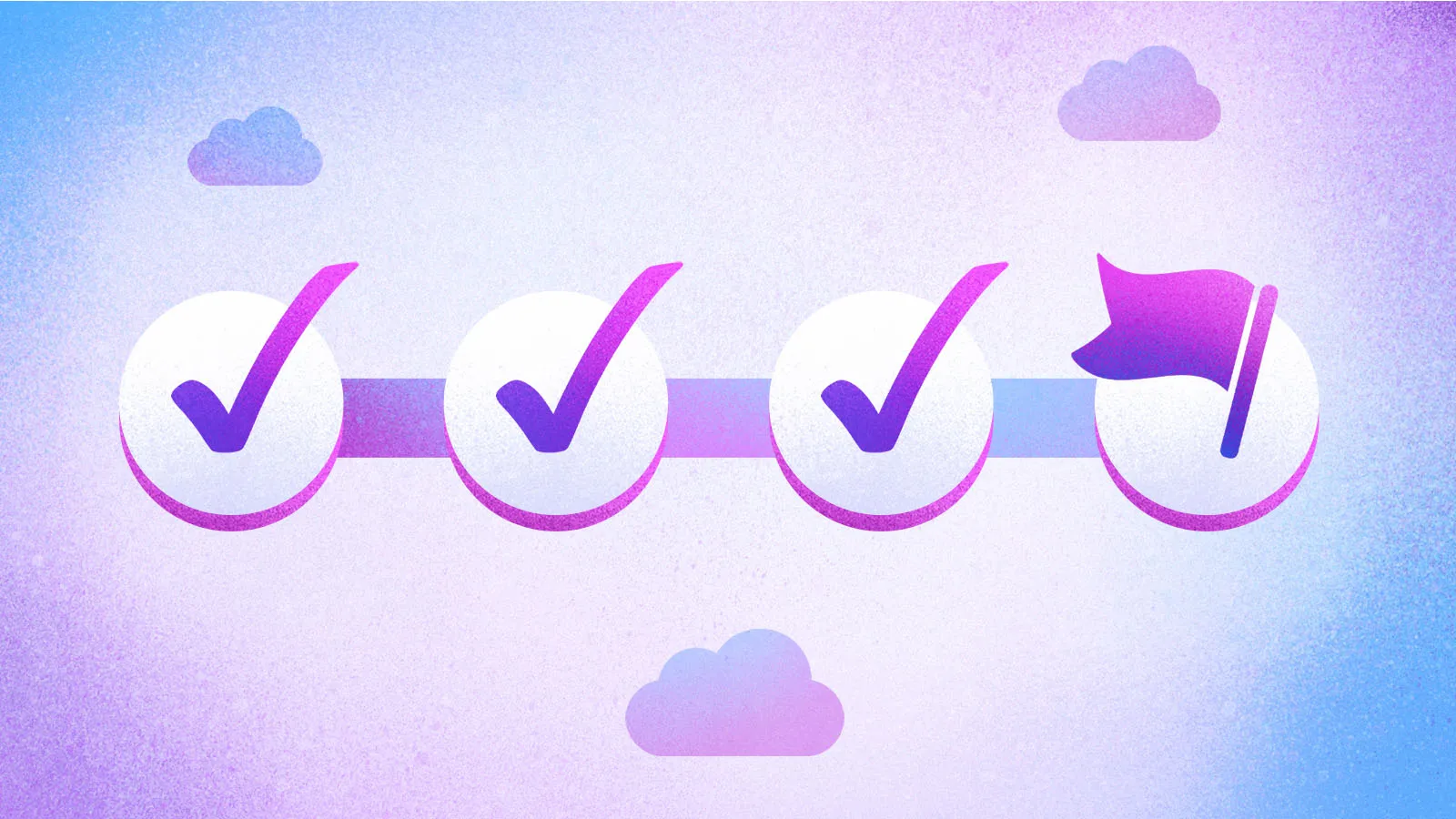No matter how you feel about Amazon, you have to admit that the shopping experience is a marvel. With a single click, dozens of product options stretch before you, a vast sea of consumer possibilities. With another click, every product detail is yours for the reviewing, including answers to your most pressing questions (and the questions you never thought to ask). Finally, there’s the buying experience. One-click shopping means you can go from browsing to purchasing with a snap of your fingers (or a click of your mouse). A mere two days later, your pet chicken’s brand-new leash is sitting on your doorstep.
This begs the question: Why, oh why, is buying a chicken leash on Amazon so much easier than donating to a nonprofit? We’re so glad you asked. Today, we’ll explore Amazon’s glorious (and, for our wallets, treacherous) searching and buying process, gleaning some crucial lessons for nonprofits along the way.
How it all works
Today, we live in a society where consumers can purchase absolutely anything in seconds. And when we say anything, we mean an.y.thing—we’re looking at you, creepily realistic tiny puppet hands. For companies like Amazon (that is, companies that want your money), the searching, buying, and shipping process is an art and a science. Through the years, they’ve listened carefully to their customers (and their customers’ data), creating an empire built on ease, speed, and more, more, more. This allows them to turn browsers into buyers and one-time shoppers into devoted customers.
Unfortunately, it’s not all sunshine, rainbows, and mushroom disco balls.
Online shopping has become a near-seamless experience thanks to these corporate behemoths’ near-endless resources. And that’s great, for the most part. You might notice, however, that it’s a little too easy to part with your money. Companies like Amazon use a variety of tactics to get you to buy, buy, baby. With one-click shopping, you can’t second-guess a purchase; with “Subscribe & Save,” you save more by spending more, which really means you’re spending more …and more. When spending is this effortless, we hardly notice we’re doing it—which is exactly what Amazon wants.
What nonprofits can learn from Amazon
As a nonprofit, you can say, “thanks but no thanks and also we support unions and safe working conditions” to these slightly sketchy tactics. At the same time, there’s a lot to be learned from Amazon’s runaway success. Follow our Amazon-inspired tips below, and soon, your supporters will be making donations as easily as they buy 1500 live ladybugs.
- Instant gratification FTW. First and foremost, Amazon is all about that “buy now” button. With one click, consumers can buy whatever they need (or don’t need). In fact, “buy now” is so powerful that Amazon patented the technology back in 1999. Happily, it’s since expired, so we can all “borrow” it.
- Membership matters. In the US, over 160 million folks pay a monthly fee to use Amazon Prime. Once consumers have bought into the recurring subscription, they want to make the most of that membership—and that means buying up a storm.
- Make it special. Amazon created Prime Day in 2015, and now, it’s the new Black Friday. Every year, Amazon hypes the heck out of Prime Day. Then, for 48 hours, people buy all the discounted tortilla blankets they can get their hands on. We’d say Giving Days are the Prime Day of the nonprofit world.
- Listen to the people. Once upon a time, Amazon was an online bookstore that made us worry about the future of Barnes & Nobles everywhere. How did they get where they are today? By giving the people what they want—like two-day shipping for llama chia pets.
- Follow the data. Amazon has all the data, and they know how to use it. They constantly run experiments big and small to see what works best, from button color to the check-out process. And while Amazon can certainly afford to fail, anyone can do some subtle user testing to figure out what gets results.
- Get personal. To get you to buy more, Amazon displays oh-so-carefully targeted ads with products you just can’t resist. While the fancy algorithms help, at its core, this is about creating a personalized user experience.
- Offer choices. Can you imagine being offered just one choice when it comes to zombie gnome lawn decorations?! It would be sooooo limiting. People want choices when it comes to how they spend their money. Give the people what they want by offering a plethora of giving options, too.
Action Against Hunger proves that a great giving experience matters
Amazon does a lot of things right, but after all that consumeristic chit-chat, let’s get a little inspo in the form of a nonprofit success story. Action Against Hunger (AAH) is a nonprofit that did all the things right and made giving as easy as buying through Funraise’s pop-up donation forms. In the end, their one-time gift conversion rate increased by over 88% while their monthly gift conversion rate increased by over 12%. Here’s how:
- They experimented. AAH ran tests to increase conversion rates by allowing donors to make a donation from any page through Funraise’s pop-up donation forms.
- They followed the data. Once AAH confirmed that their data backed up the success they saw with Funraise's pop-up donation forms, they implemented the forms across their site.
- They got donors giving in fewer clicks. Since Funraise makes it possible to add pop-up donation forms anywhere on your website, donors don’t have to go to a separate page to donate. That means fewer clicks and more conversions.
5 ways to make donating a breeze à la Amazon
It might seem a bit discouraging that it’s so much easier to buy an egg cuber than to donate to a good cause. But as AAH shows, even without Amazon’s many, mannnyyy advantages, you can have a convenient, intuitive donor-focused giving experience. In addition to the general lessons we’ve discussed, here are our top tips for a super-streamlined donation process.
- Make it mobile-friendly. So much buying and giving is done on mobile nowadays. Your mobile donation form should be easy to view and easy to use.
- Let autofill do its job. No long-time supporter wants to fill out their name, address, and childhood pet after they’ve been giving to your organization for the last 10 years.
- Create a great donation form. Shopping cart abandonment rates hover near 70% (Baymard), and we’d guess the rate’s similar when it comes to would-be donors who get distracted or change their minds before actually donating. So, you want “donate now” to mean “right now, no further clicks needed, there’s no time to change your mind.” A stellar donation form—meaning one that lets donors give with minimal clicks and waiting—will do the trick. (Don't get that twisted with a one-page form. Forms that show as a wall of open fields overwhelm our brains, so stepped forms—like Funraise's—offer the speediest path to donation with the lowest cognitive load.)
- Make subscriptions easy. When people subscribe to a service, be it for-profit or nonprofit, you reduce attrition and increase stability. Make it easy to accept recurring donations, and you’ll make it easy for your donors to stick around.
- Provide steadfast support. With so many literally and metaphorically moving parts, Amazon needs great customer service to support its many customers. The same is true for nonprofits. Invest in staff members (or a chatbot!) to help donors meet their giving needs, address their concerns, and troubleshoot.
For better or for worse, Amazon has changed the way we shop—and what we expect—altogether. In no world should it be easier to grab a fish-man stress reliever than to support a better world. So, take the good, leave the bad, and in the words of Amazon’s internal motto, work hard, have fun, and go make history!































.webp)
.webp)











.webp)
.webp)

.webp)
.webp)
.webp)




